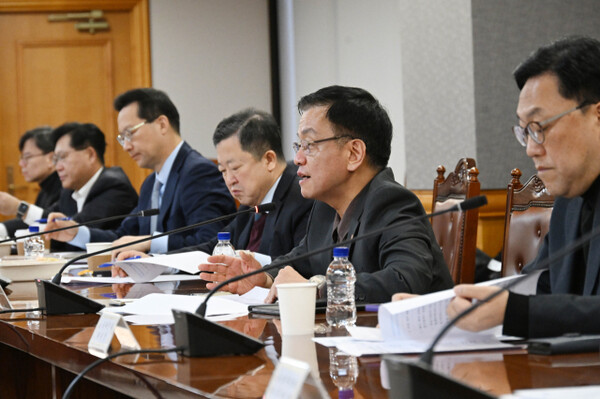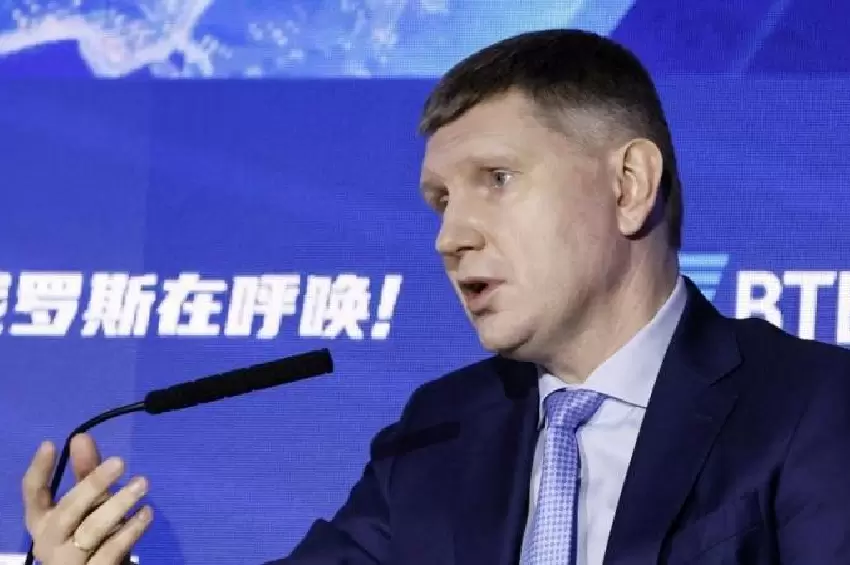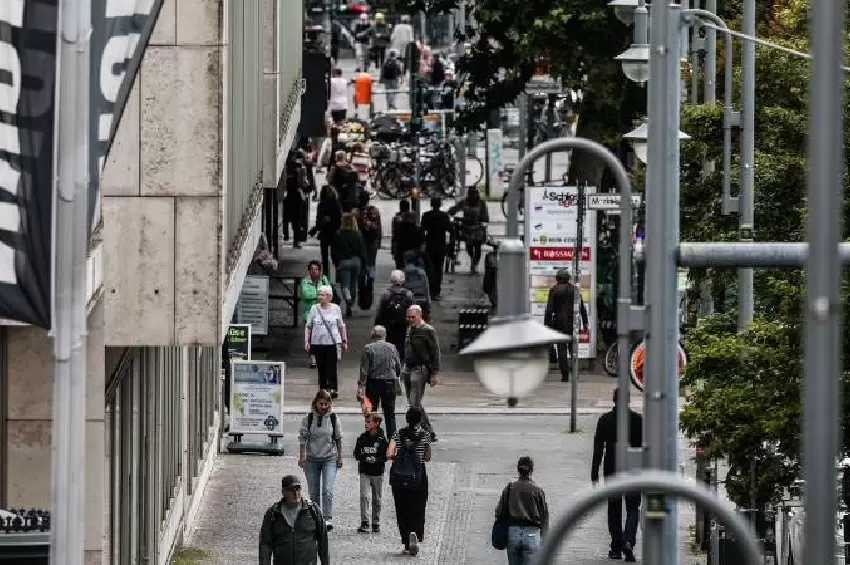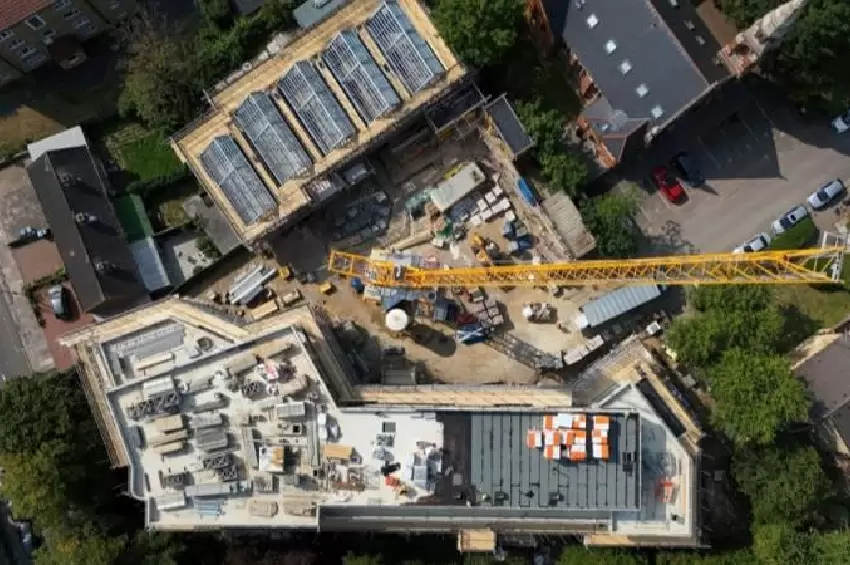Economic Policymakers Convene to Address Market Volatility
Deputy Prime Minister and Minister of Economy and Finance, Choi Sang-mok, recently addressed the recent trends in foreign exchange and asset markets, stating, "Market stabilization measures, including unlimited liquidity supply, have broadly stabilized the situation." He emphasized the government's determination to tackle domestic and international uncertainties while consistently pursuing mid- and long-term economic structural reforms.

On December 6, Choi convened an emergency macroeconomic and financial issues meeting with Bank of Korea Governor Rhee Chang-yong, Financial Services Commission Chairman Kim Byung-hwan, and Financial Supervisory Service Governor Lee Bok-hyun at the Korea Federation of Banks building. This marks the fourth consecutive day these top economic policymakers have convened, following President Yoon Suk Yeol's declaration of martial law on December 3.
Choi noted, "Thanks to the proper functioning of the constitution and the market economy system, stability is being restored." He added that past examples show the impact of non-economic factors, such as political events, has been temporary and limited, with little to no mid- and long-term economic effects. Global credit rating agency S&P also stated that the recent martial law incident would not have a material impact on South Korea's credit rating. The won-dollar exchange rate, which briefly exceeded 1,446 won following the declaration, settled to 1,410 won. Similarly, three-year treasury yields moved modestly, rising from 2.71 percent on December 3 to 2.74 percent on December 5.
Participants agreed to uphold policy consistency regardless of political uncertainties. Choi reaffirmed the government's commitment to mid- and long-term structural reform initiatives, including strengthening industrial competitiveness, advancing foreign exchange and capital markets, and improving corporate governance through amendments to the Capital Markets Act. The government also plans to proceed with the creation and execution of a 500 billion won (approximately $352.66 million) value-up fund. Additionally, it will maintain a 24-hour market monitoring system and actively engage with international financial institutions, global credit rating agencies, allied economic authorities, and foreign investors to highlight South Korea's robust economic fundamentals.









Comments